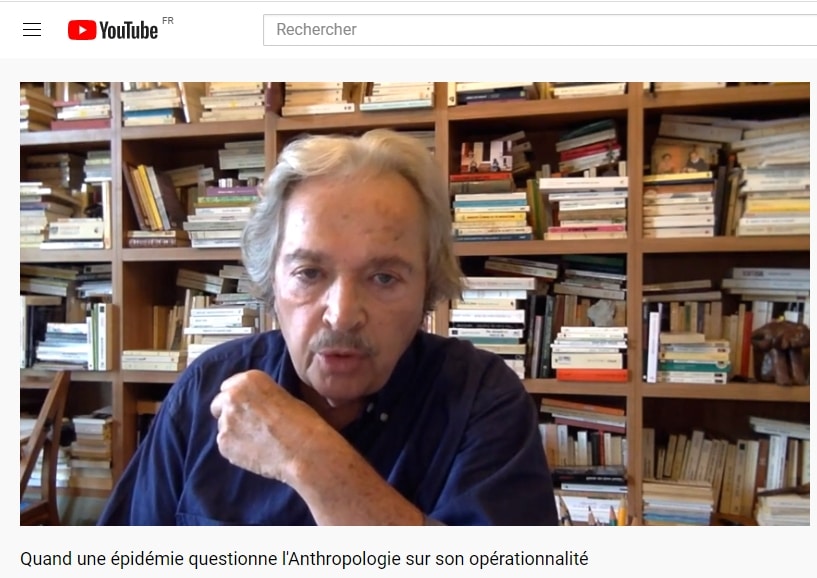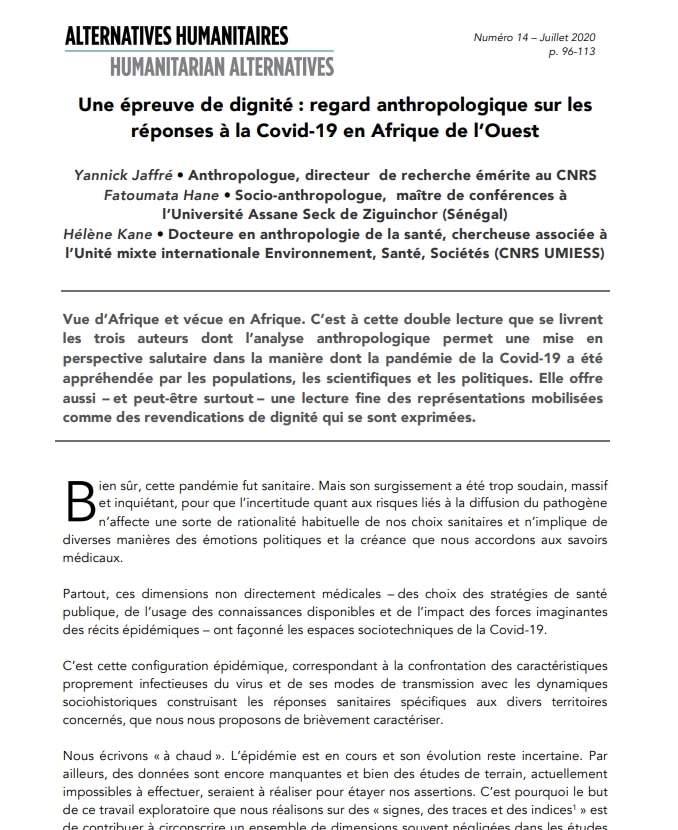Boundary work refers to the strategies deployed by professionals in the arenas of the public, the law and the workplace to define and defend jurisdictional authority. Little attention has been directed to the role of documents in negotiating professional claims. While boundary work over induced abortion has been extensively documented, few studies have examined jurisdictional disputes over the treatment of abortion complications, or post-abortion care (PAC). This study explores how medical providers deploy medical records in boundary work over the treatment of complications of spontaneous and induced abortion in Senegal, where induced abortion is prohibited under any circumstance. Findings are based on an institutional ethnography of Senegal’s national PAC program over a period of 13 months between 2010 and 2011. Data collection methods included in-depth interviews with 36 health care professionals, observation of PAC services at three hospitals, a review of abortion records at each hospital, and a case review of illegal abortions prosecuted by the state. Findings show that health providers produce a particular account of the type of abortion treated through a series of practices such as the patient interview and the clinical exam. Providers obscure induced abortion in medical documents in three ways: the use of terminology that does not differentiate between induced and spontaneous abortion in PAC registers, the omission of data on the type of abortion altogether in PAC registers, and reporting the total number but not the type of abortions treated in hospital data transmitted to state health authorities. The obscuration of suspected induced abortion in the record permits providers to circumvent police inquiry at the hospital. PAC has been implemented in approximately 50 countries worldwide. This study demonstrates the need for additional research on how medical professionals negotiate conflicting medical and legal obligations in the daily practice of treating abortion complications.
Introduction
Sometimes we’re not sure if it’s a case of induced or spontaneous abortion. But the midwife may write spontaneous (in the register) if she’s not sure or even if she knows if it’s an induced abortion because of the possibility of being called to testify. It happens often (Midwife).
A midwife at a state hospital illustrates the delicate position of health care professionals in Senegal who treat complications of abortion. Although induced abortion is prohibited in Senegal under any circumstance, the national post-abortion care (PAC) program has trained medical providers to treat complications of induced or spontaneous abortion miscarriage) irrespective of the law. While the law does not explicitly require providers to report suspected cases of induced abortion to the police, this ethnographic study suggests that the severity of the law may lead providers to believe they are obligated to report such cases to the police to avoid being considered accomplices to an illegal act. Treating abortion complications in this context requires a delicate negotiation between medicine and criminal justice.
Scholars of reproduction have traced multiple jurisdictional disputes over abortion between health care professionals, paramedical practitioners, religious authorities, pro-choice and antiabortion activists, women, and the state (Carranza, 2007; Freedman, 2010; Halfmann, 2011; Joffe, 1996; Luker, 1985; McNaughton et al., 2004; Mhlanga, 2003; Mohr, 1978; Reagan, 1998). Less attention has been directed to the practice of recordkeeping in maintaining professional jurisdiction over abortion. Medical records such as patient files orward registers do not simply represent ‘what happened’ during the clinical encounter. As the institutional footprints of medical practice, these documents represent the ‘preferred account’ of the encounter (Berg,1996; Berg and Bowker, 1997; Heath, 1982) in which providers’ decisionmaking is rendered visible to those outside the clinic.
This paper examines how medical providers in Senegal deploy medical records in their strategies to negotiate professional jurisdiction over abortion in a context where this practice is highly restricted. I argue that the medical record represents a site where providers produce a particular account of ‘what happened’ through a series of medical practices such as the patient interview and the clinical exam. By classifying the majority of abortions treated as spontaneous abortion, this preferred account permits providers to contain suspected cases of illegal abortion within the hospital, undocumented and unreported to criminal justice authorities. In other words, providers render suspected cases of illegal abortion invisible in hospital records. This study seeks to advance our understanding of medical records as fundamental tools in the protection of professional autonomy from political interference, or what scholars have called ‘boundary work (Gieryn, 1983)’.





